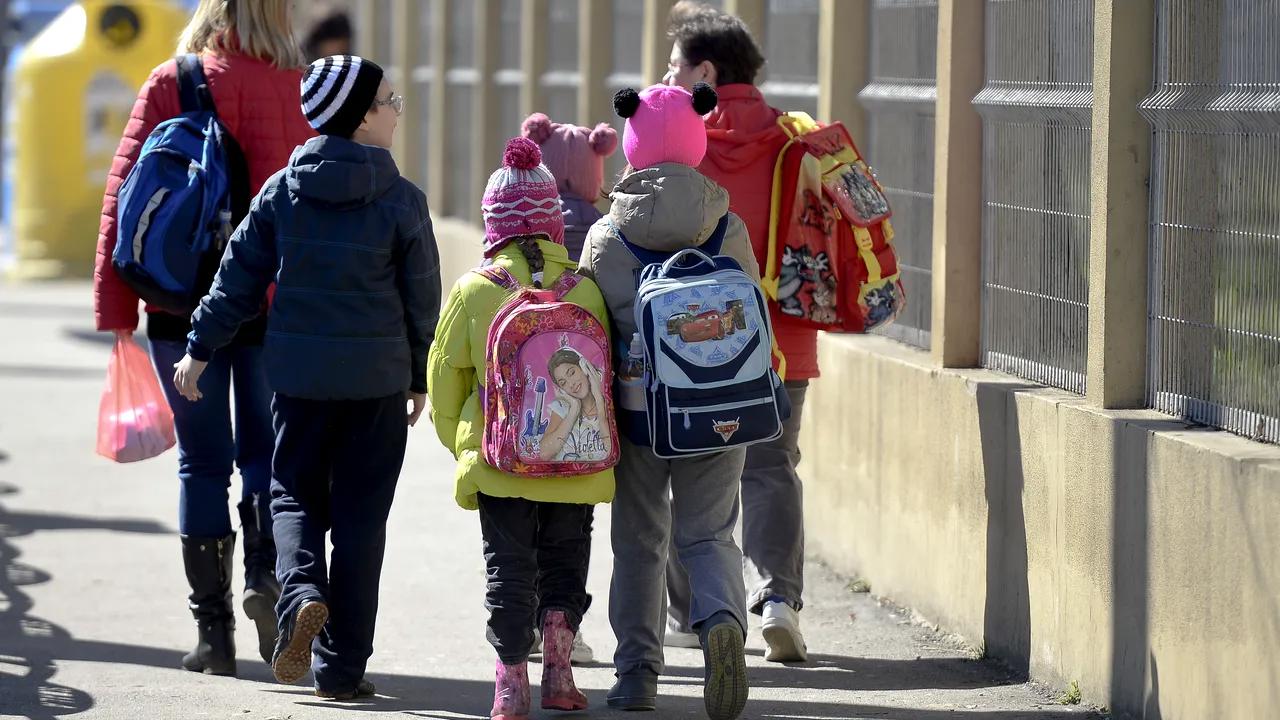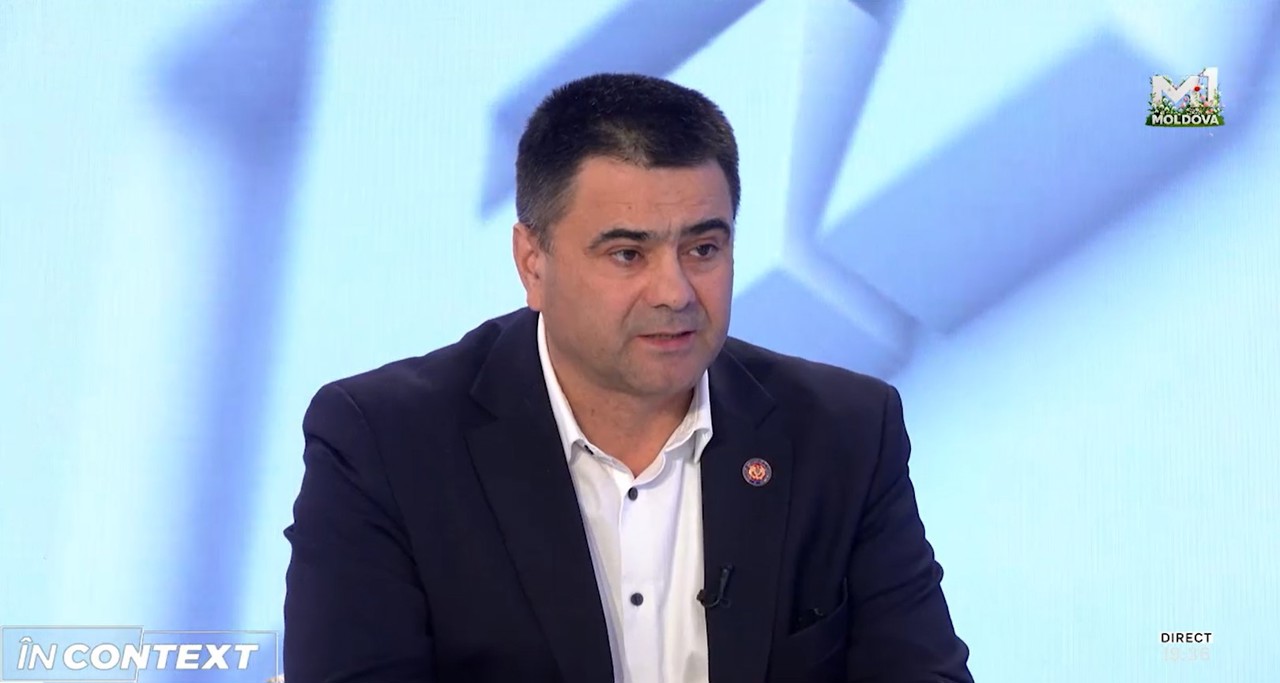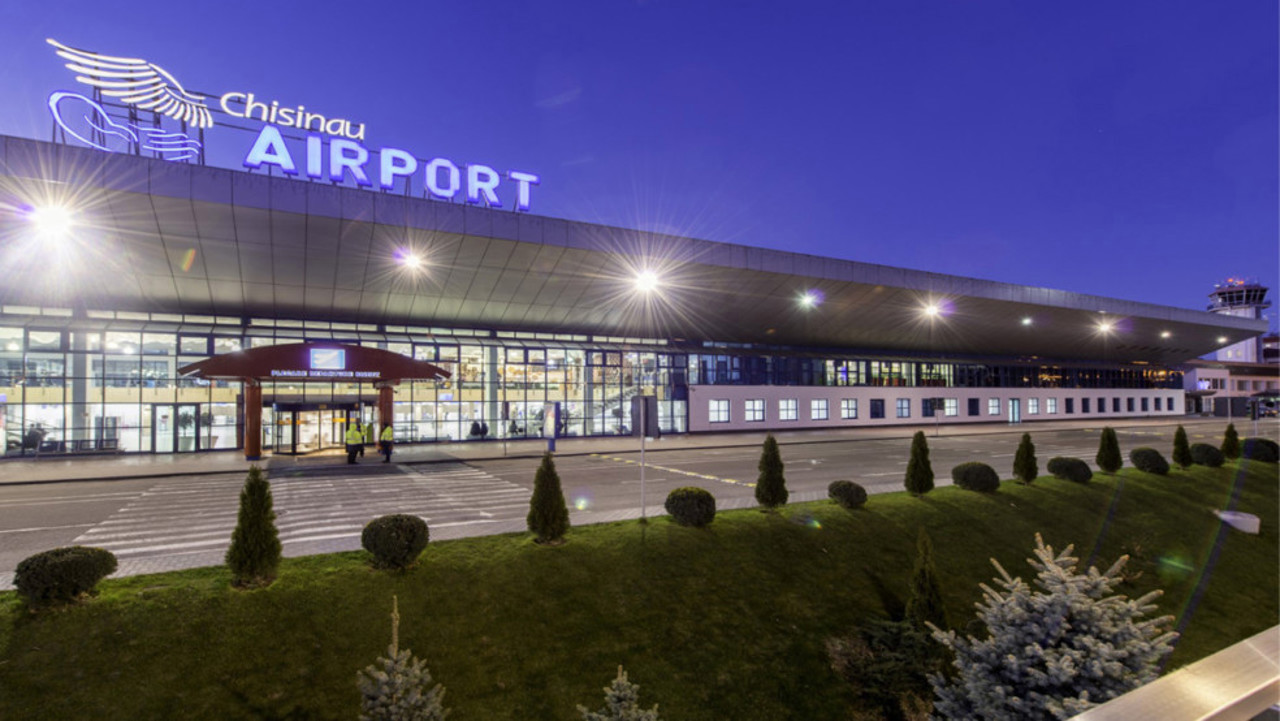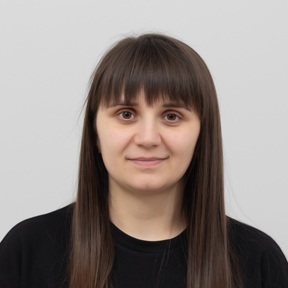Integrating Ukrainian refugee children into schools is costly; authorities seek funding

The enrollment rate of Ukrainian refugee children in schools in the Republic of Moldova remains low, despite ongoing efforts to integrate them into the educational system. Education Minister Dan Perciun stated that if the war in Ukraine continues, the refugee crisis will persist, and our country must prepare for an increasing number of children seeking access to education. Currently, data shows that only 15% of Ukrainian refugee children are enrolled in schools and kindergartens.
To increase the number of refugees enrolled in our schools, the Ministry of Education and Research, in partnership with external organizations, has developed a roadmap designed to gradually enhance enrollment rates—25% in the first year and 50% in the second year. The ultimate goal is to ensure that all children have access to education, as stated by Minister Dan Perciun. Implementing this plan will require a budget of approximately €35.5 million over the next two years.
The official emphasized that this crisis presents an opportunity to build a more resilient education system capable of addressing the needs of Ukrainian refugees and other groups, such as migrant children and those from the diaspora who return home and may not speak Romanian. Successful implementation of the plan will depend on mobilizing necessary financial resources and fostering collaboration among authorities, civil society, and international partners.
Currently, enrollment rates in education are not as high as desired. Many Ukrainian children remain unregistered in the education system, likely receiving online education instead. However, the exact extent of this situation is uncertain. Even if they are studying online, this can negatively impact their long-term academic performance. Moreover, it limits their mothers' ability to participate in the labor market and fully integrate into Moldovan society. We hope to secure the resources needed to address these challenges and aspire to a future where 100% of Ukrainian refugee children are integrated into our schools, and the education system is adequately prepared to handle these challenges.
UNICEF Senior Consultant Marcel Spatari has expressed concerns regarding the lack of funds for the integration of refugee children. The estimated costs for the 3,500 refugee children already enrolled amount to €2.4 million. Approximately 20,000 children are not attending school, highlighting the need for greater efforts to identify the financial resources required.
Research shows that prolonged online learning, both globally and locally, leads to poorer educational outcomes and has adverse effects on children’s psychosocial development and community integration. Therefore, significant efforts are still necessary to encourage the enrollment of refugee children in Moldovan schools. An increase in student numbers will inevitably lead to higher costs, but it also offers an opportunity to cater to the unique needs of refugee students through support for language learning, remedial classes, and community integration.
The Republic of Moldova has demonstrated commendable support for refugees since the onset of the crisis, welcoming Ukrainian children into schools and communities, said Frédéric Cussigh, UNHCR Representative in Moldova. He pointed out that many children are learning exclusively online, which can negatively affect their psychosocial development and integration.
The Ministry of Finance allocates the education system's budget based on macro-financial indicators. While schools may not yet fully feel the impact of fund redistribution, additional funding is essential to bridge this gap. Enrolling a larger number of refugee children—an objective of this roadmap—requires extra funding: approximately €10.1 million for the integration of 25% in the first year, and €19 million for the second year. These amounts are required annually.
The Ministry of Education and its partners are committed to facilitating the enrollment of refugee children in local schools by providing Romanian language courses, literacy programs, and anti-bullying measures. A comprehensive strategy, part of the National Development Plan 2025-2027, aims to ensure full access to education for all refugee children, including those with special educational needs, such as children from the Roma community.





